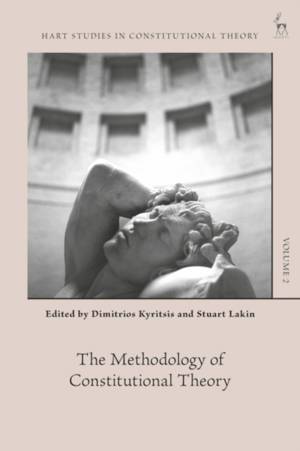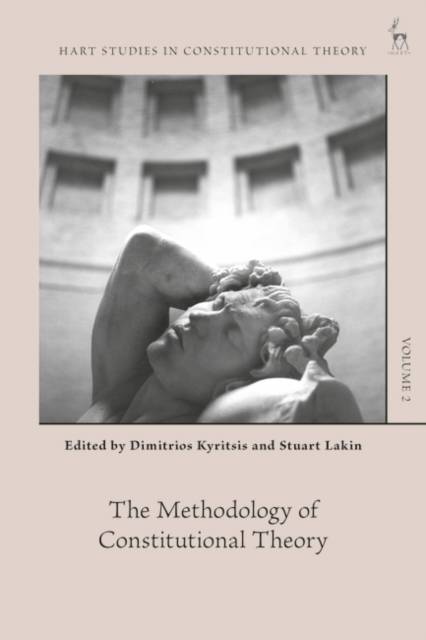
Bedankt voor het vertrouwen het afgelopen jaar! Om jou te bedanken bieden we GRATIS verzending (in België) aan op alles gedurende de hele maand januari.
- Afhalen na 1 uur in een winkel met voorraad
- In januari gratis thuislevering in België
- Ruim aanbod met 7 miljoen producten
Bedankt voor het vertrouwen het afgelopen jaar! Om jou te bedanken bieden we GRATIS verzending (in België) aan op alles gedurende de hele maand januari.
- Afhalen na 1 uur in een winkel met voorraad
- In januari gratis thuislevering in België
- Ruim aanbod met 7 miljoen producten
Zoeken
The Methodology of Constitutional Theory
€ 228,95
+ 457 punten
Omschrijving
What sort of methods are best suited to understanding constitutional doctrines and practices? Should we look to lawyers and legal methods alone, or should we draw upon other disciplines such as history, sociology, political theory, and moral philosophy? Should we study constitutions in isolation or in a comparative context? To what extent must constitutional methods be sensitive to empirical data about the functioning of legal practice? Can ideal theory aid our understanding of real constitutions?
This volume brings together constitutional experts from around the world to address these types of questions through topical events and challenges such as Brexit, administrative law reforms, and the increasing polarisations in law, politics, and constitutional scholarship. Importantly, it investigates the ways in which we can ensure that constitutional scholars do not talk past each other despite their persistent - and often fierce - disagreements. In so doing, it aims systematically to re-examine the methodology of constitutional theory.Specificaties
Betrokkenen
- Uitgeverij:
Inhoud
- Aantal bladzijden:
- 448
- Taal:
- Engels
- Reeks:
Eigenschappen
- Productcode (EAN):
- 9781509933846
- Verschijningsdatum:
- 24/02/2022
- Uitvoering:
- Hardcover
- Formaat:
- Genaaid
- Afmetingen:
- 156 mm x 234 mm
- Gewicht:
- 798 g

Alleen bij Standaard Boekhandel
+ 457 punten op je klantenkaart van Standaard Boekhandel
Beoordelingen
We publiceren alleen reviews die voldoen aan de voorwaarden voor reviews. Bekijk onze voorwaarden voor reviews.








